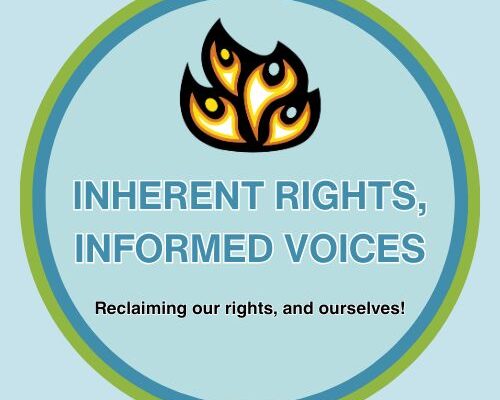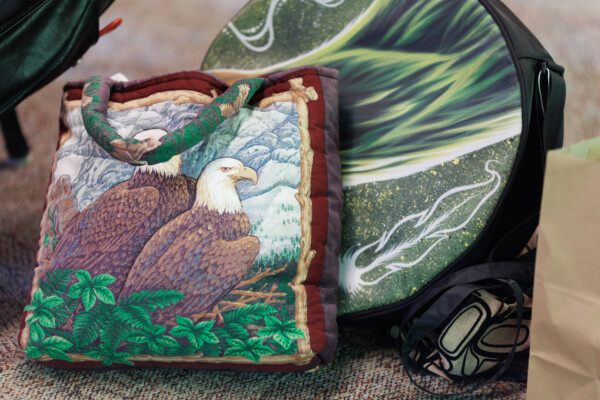What’s New?
Project Updates

“Inherent Rights, Informed Voices” New Podcast Launching November 17
“Inherent Rights, Informed Voices” is for First Nations leaders, administrators and citizens who want to learn about their inherent rights; the power that citizens have …

RFNG’S LATEST RESEARCH FEATURED IN CPA JOURNAL
The Rebuilding First Nations Governance (RFNG) research team is pleased to have three articles featured in the Canadian Public Administration (CPA) journal’s special issue on Indigenous …